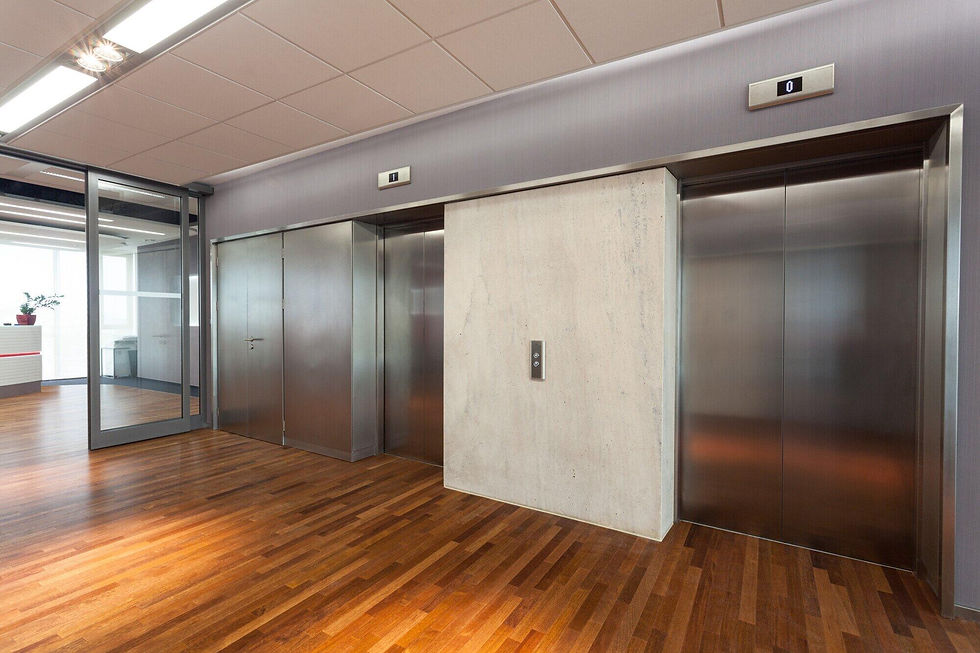Essential Guide to Building Maintenance: Ensuring Safety and Longevity
- faithq7rcarry5
- Nov 17, 2024
- 2 min read

Building maintenance is a critical aspect of property management that ensures the safety, functionality, and aesthetic appeal of a structure. Regular maintenance not only helps in preserving property value but also extends the life span of various systems and components within a building. This article delves into the importance of building maintenance, examines its key components, and offers practical tips for effective management.
One of the primary goals of building maintenance is to ensure safety for all occupants. Regular inspections and maintenance work on critical systems like electrical, plumbing, and HVAC (Heating, Ventilation, and Air Conditioning) can prevent accidents and costly repairs. For instance, neglecting to inspect electrical systems can lead to fire hazards, while ignoring plumbing issues might result in significant water damage. A robust maintenance plan that includes routine checks can save building owners from unforeseen challenges and enhance the overall safety of the environment.
Another vital aspect of building maintenance is compliance with local regulations and standards. Many areas enforce strict codes regarding building safety and upkeep. Failure to adhere to these can result in legal ramifications, fines, and even operational shutdowns. By implementing a consistent maintenance schedule, property managers can ensure that all aspects of the building meet the necessary legal standards, thus avoiding potential liabilities. Additionally, a well-maintained building can improve customer satisfaction and enhance the reputation of a business.
Cost-effectiveness is also a significant benefit of diligent building maintenance. When maintenance is carried out proactively rather than reactively, it leads to lower repair costs in the long run. Routine upkeep allows potential issues to be identified early, preventing them from escalating into more significant problems that require expensive repairs or replacements. Investing in regular maintenance not only protects the building's infrastructure but also contributes to energy efficiency, leading to reduced utility costs over time. View here for more information about building maintenance services.
In conclusion, building maintenance is not just about fixing problems when they arise; it is a strategic approach aimed at ensuring the safety, compliance, and cost-effectiveness of a property. By establishing a routine maintenance program and adhering to it, property owners can secure the longevity of their buildings and provide a safe, enjoyable environment for all occupants. Ultimately, investing in proper building maintenance is an investment in the future of the property, yielding benefits that far outweigh the costs involved. Find out more about this post here: https://en.wikipedia.org/wiki/Maintenance.


Comments